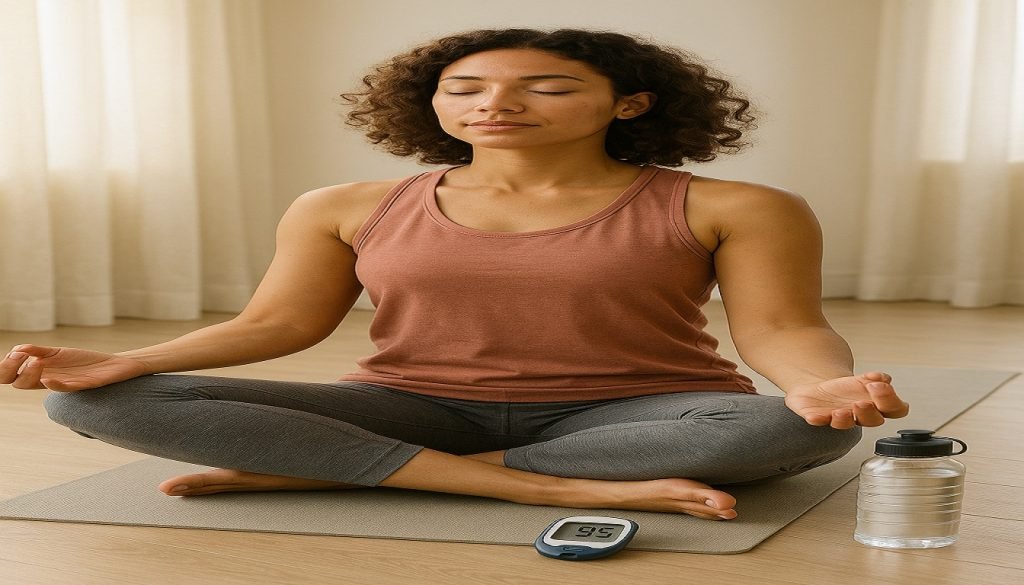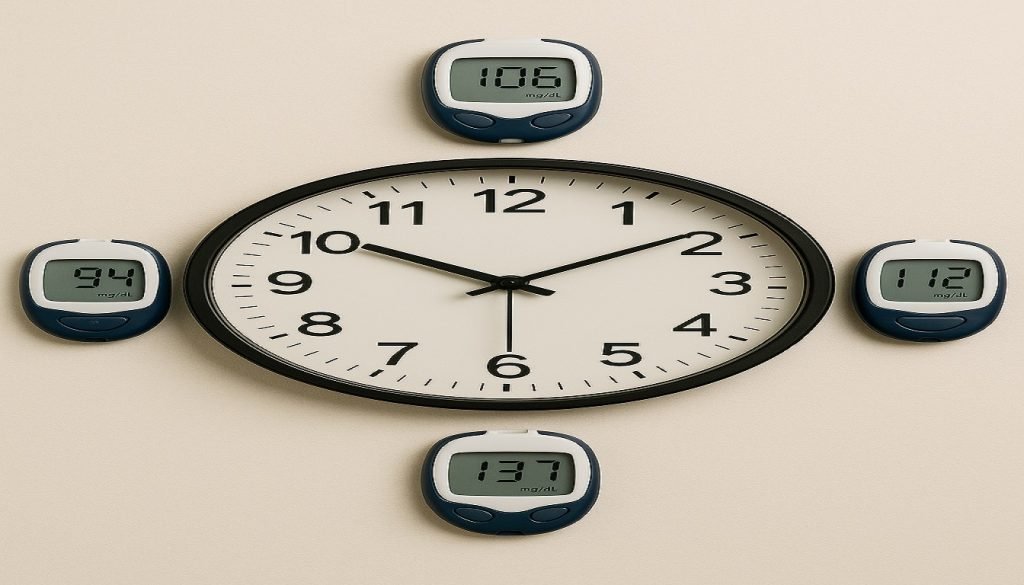When you track your blood sugar daily, you give yourself a powerful tool to take control of your health. Whether you are managing diabetes, prediabetes, or simply aiming for a healthier lifestyle. Blood sugar, or glucose, fuels your body’s cells and keeps energy levels stable, but fluctuations can affect everyone, not just those with diabetes. You track your blood sugar daily to spot issues early and maintain optimal health, because small habits like this prevent serious complications such as fatigue, mood swings, and chronic diseases. And by monitoring consistently, you empower yourself with data that guides better choices in diet, exercise, and lifestyle.
In Nigeria and around the world, millions face silent risks linked to unbalanced blood sugar, yet many never check their levels until symptoms appear. In this post, we explore the key benefits of daily tracking, share expert insights, and discuss practical tools so you can start managing your glucose effectively today. Whether you’re at risk or already diagnosed, learning to track your blood sugar transforms your well-being and reduces long-term risks.
Why You Should Track Your Blood Sugar Daily
Track Your Blood Sugar to Identify Patterns and Triggers
When you track your blood sugar every day, you begin to see how specific foods, stress, and exercise affect your readings. For example, a sweetened beverage in the morning might cause a sharp rise, while a 20-minute walk after dinner could keep your levels stable.
According to the American Diabetes Association, self-monitoring of blood glucose (SMBG) improves glycemic control and reduces complications in people with diabetes.
“When you track your blood sugar consistently, you give yourself the data to make better health decisions every day.” — Dr. Jane Smith, Endocrinologist.
Track Your Blood Sugar for Early Detection of Dangerous Changes
Daily checks can reveal early warning signs of prediabetes or dangerous drops (hypoglycemia) before they become emergencies.
The CDC reports that lifestyle changes guided by daily tracking reduced the risk of developing type 2 diabetes by 58% in high-risk adults.
Benefits of Daily Blood Sugar Tracking
Better Diabetes Management
When you track your blood sugar, you can work with your healthcare provider to adjust medication, diet, and activity for optimal control. In Nigeria, many patients delay testing until symptoms worsen, but a simple log can make doctor visits more productive.
Improved Energy and Mood
Balanced blood sugar means fewer energy crashes and more stable moods.
“Blood sugar swings are often behind that midday crash we blame on coffee or sleep.” — Prof. Ahmed Musa, Nutritionist, University of Lagos.

Long-Term Health Protection
Consistent tracking lowers your risk for heart disease, kidney problems, and nerve damage. The WHO notes that prevention and early management significantly reduce these complications.
How to Track Your Blood Sugar at Home
Using a Glucometer
This is the most common method to track your blood sugar. Test fasting levels in the morning, then before and after meals. Keep your hands clean, follow your device instructions, and note your readings immediately. MedlinePlus Guide
Using a Continuous Glucose Monitor (CGM)
A CGM uses a sensor under the skin to track your blood sugar throughout the day without frequent finger pricks. It can alert you to sudden changes and give you a complete picture of your trends.
Recording Your Results
Record your readings in an online or paper log, like the HealthsClinic.com Blood Sugar Tracker, or use mobile apps for easy analysis. Always add notes on meals, exercise, and stress levels to give context to your numbers.
Tips for Effective Blood Sugar Tracking
- Test at the same times daily for consistency.
- Record lifestyle factors alongside your readings.
- Share your log with your doctor regularly.
“A blood sugar number without context is just a number. Tracking lifestyle factors makes the data truly useful.” — Dr. Chika Eze, Family Physician.

Best Tools to Track Your Blood Sugar
- Printable trackers (Download here)
- Top-rated apps like mySugr, Glucose Buddy, and Diabetes:M
- Reliable glucometers and CGMs are available in local pharmacies and online stores.
FAQs on Tracking Your Blood Sugar
- How often should I track my blood sugar if I’m not diabetic?
Even without diabetes, checking a few times per month can help you detect early changes, especially if you have risk factors. - What’s the best time to track your blood sugar?
Fasting in the morning, before meals, and two hours after meals gives you the most useful data. - Can tracking my blood sugar help me lose weight?
Yes, it can reveal which foods keep your levels stable, helping you choose meals that prevent overeating. - Do I need a doctor’s prescription to start tracking?
No, glucometers are available over the counter, and many apps are free to use. - What’s a normal fasting blood sugar reading?
Generally, 70–99 mg/dL (3.9–5.5 mmol/L) is normal. Always confirm with your healthcare provider for personalized targets.
Final Thoughts
When you track your blood sugar daily, you take control of your health in a way no pill can replace. You’ll understand your body better, prevent dangerous changes, and enjoy more energy every day.
Ready to start?
Download the Free Blood Sugar Tracker today at Shop@HealthsClinic.com and begin your journey to balanced, healthy living.
Don’t just guess—track your blood sugar and transform your health!
This post is for educational purposes only; therefore, consult your doctor before making any medical decisions.
Kindly Subscribe, Like and Share this post.



